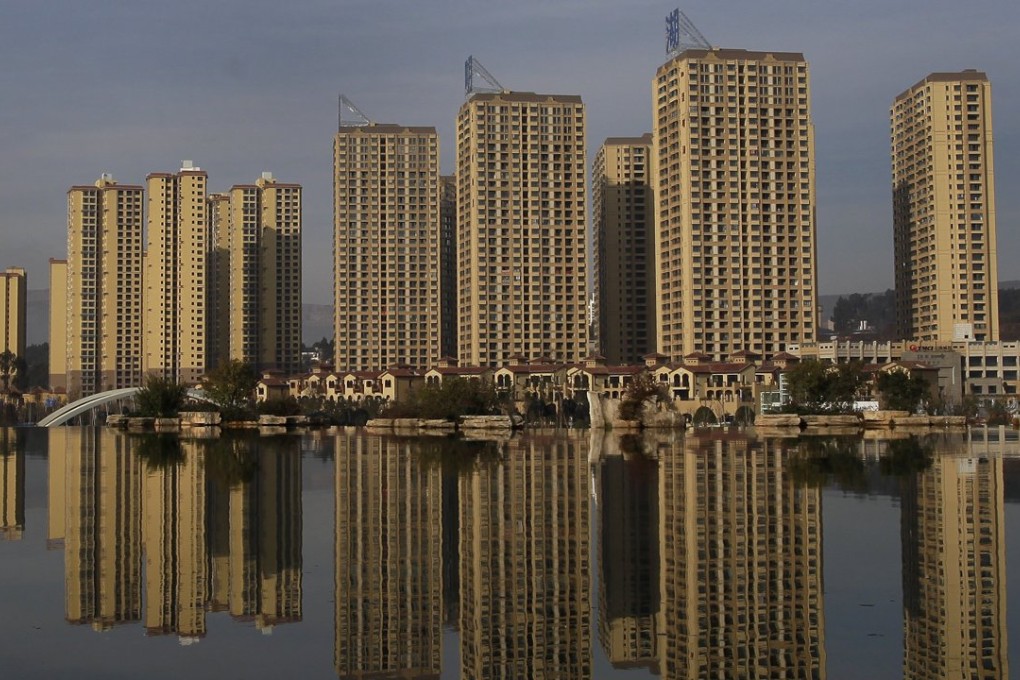New | China to limit land available for homes in cities with property oversupply

China will reduce or stop issuing land for new residential housing projects in areas where there is a supply glut, the latest in a series of measures aimed at clearing a property overhang weighing on the economy.
China’s land ministry will not release vacant land to commercial property developers in cities and other areas where there are large levels of unsold inventory, state television reported on Sunday, citing a ministry meeting.
The China Central Television (CCTV) broadcast said Land minister Jiang Daming plans to reward cities that effectively reduce their inventories by giving them permission to make new land allocations.
China has announced a string of measures designed to boost the housing market, a crucial driver of the economy. Real estate investment affects more than 40 other sectors in China, from cement to furniture.
The finance ministry said on February 19 that it will lower transaction taxes for second-time home buyers and some first home buyers in many cities. It followed a February 2 announcement of a further reduction in the minimum down payment required for first- and second-time home buyers in most cities. Minimum down payments had previously been cut in September.
Last week, China’s Central bank raised the interest rate for deposits to its housing provident fund to allow more proceeds for depositors.